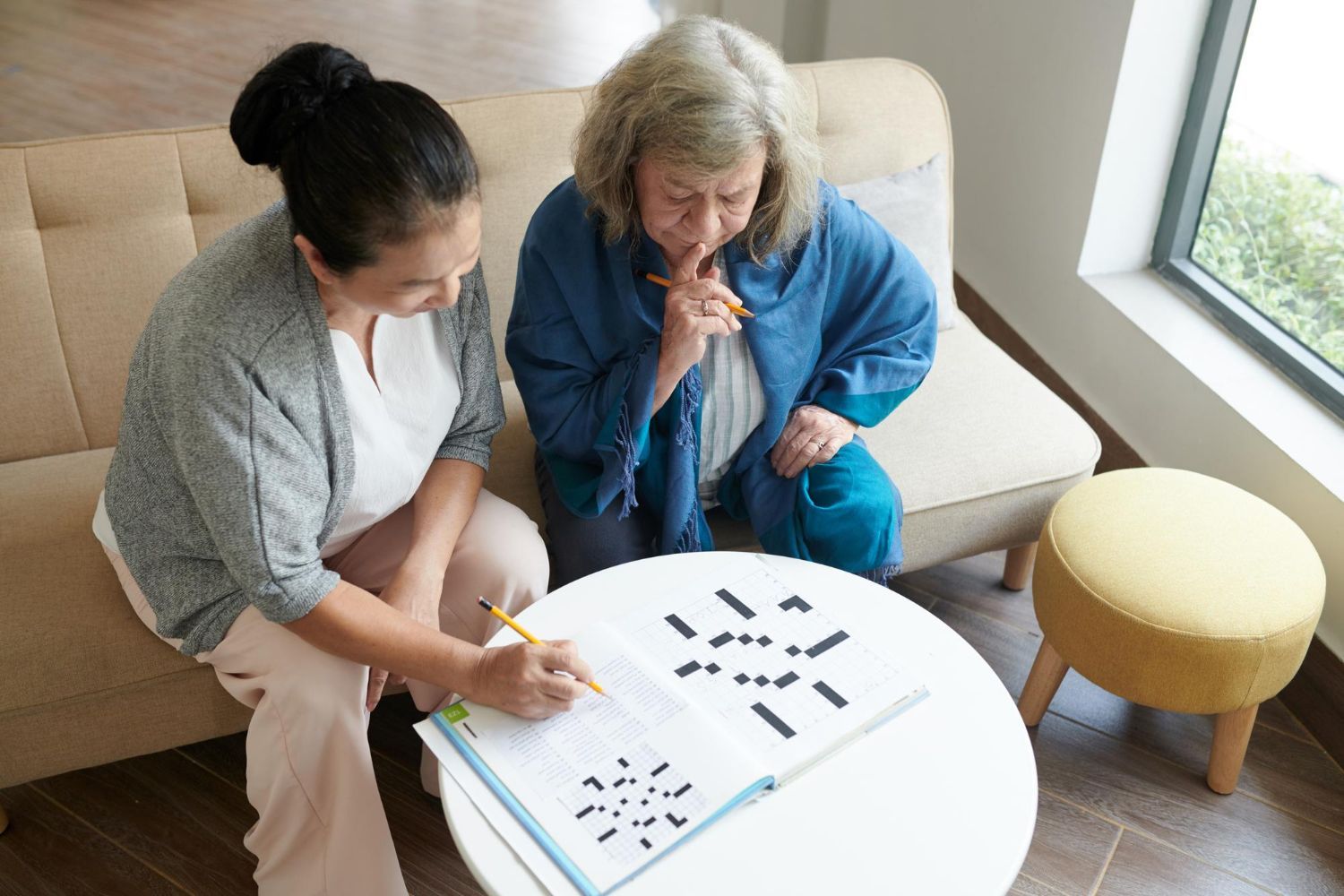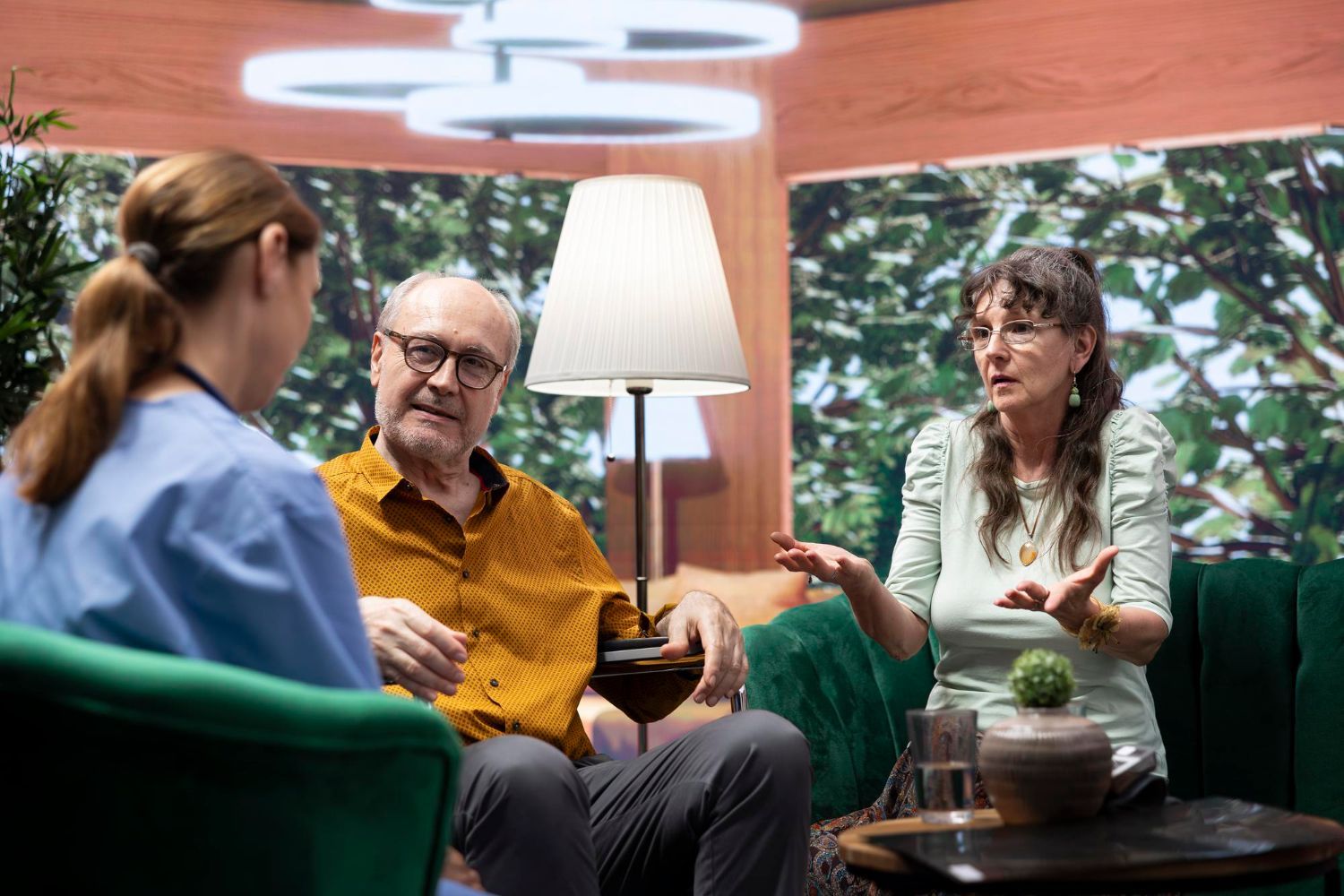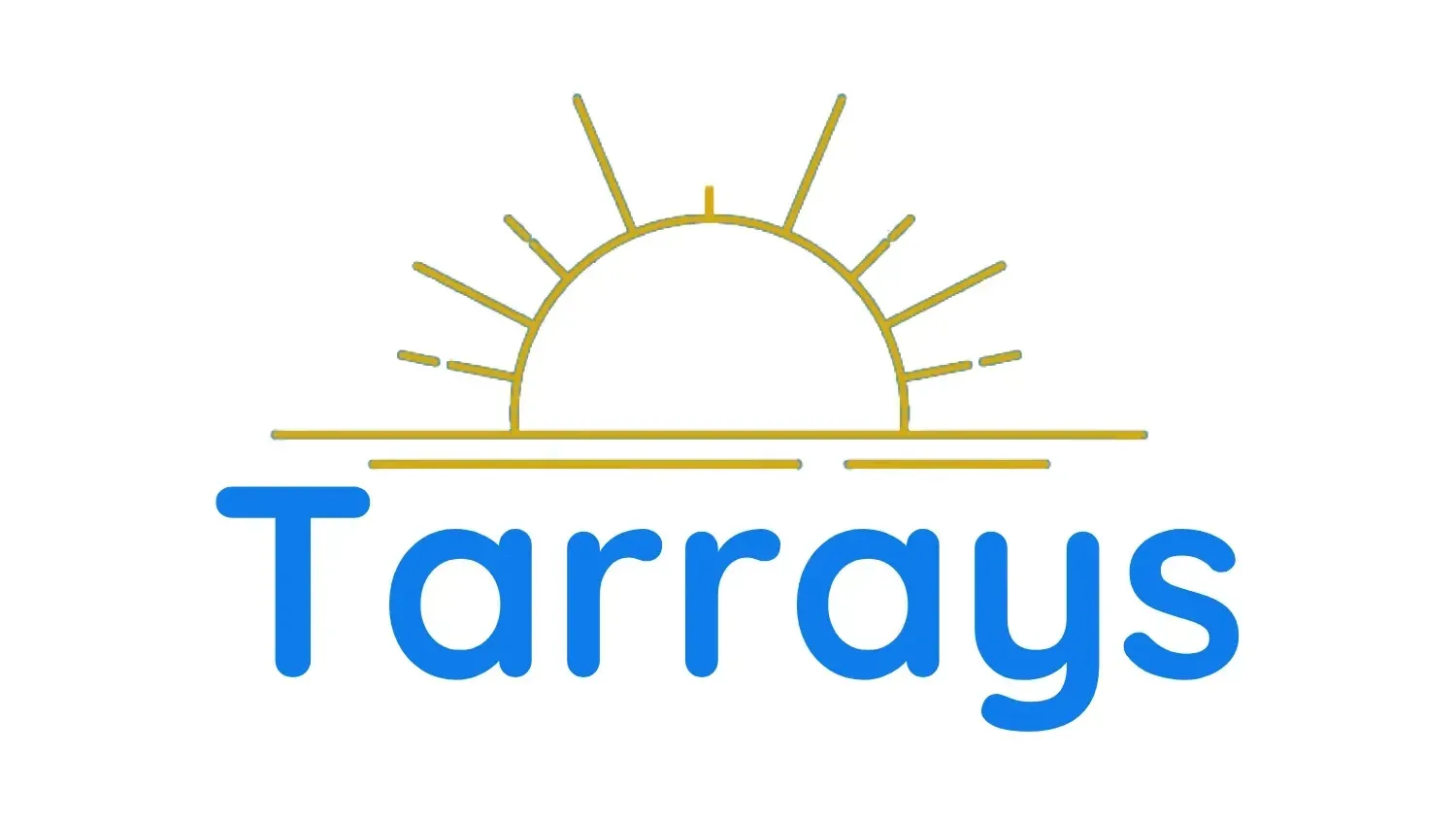Building dementia-friendly workplaces: Recruitment strategies for compassionate care
Dementia is one of the fastest growing health challenges in Australia, with more than 400,000 people currently living with the condition and numbers expected to double in the coming decades. As demand for dementia care increases, healthcare and aged care providers are under pressure to ensure their staff are not only clinically competent but also equipped with the empathy and understanding required to deliver safe, respectful, and person-centred support.
At Tarrays, we believe that recruitment strategies must go beyond filling shifts—they should focus on building dementia-friendly workplaces where both staff and residents feel supported. Here’s how healthcare providers can embed dementia awareness into their recruitment practices and why it makes such a significant difference.
Why dementia-friendly recruitment matters
When a workplace is dementia-friendly, it means staff understand the unique needs of individuals living with the condition and can respond with patience, compassion, and respect. This approach reduces stress for residents, improves care outcomes, and fosters a supportive workplace culture.
For employers, recruiting with dementia care in mind brings several advantages:
- Improved quality of care: Staff who are confident in dementia care techniques can provide safer, more effective support.
- Reduced staff turnover: Workers who feel equipped and supported are more likely to stay.
- Stronger family trust: Families value providers who demonstrate commitment to dementia-specific training and empathy.
- Compliance readiness: Meeting government standards for dementia care becomes easier with trained, skilled staff.
Key recruitment strategies for dementia-friendly workplaces
1. Prioritise empathy and soft skills in hiring
While technical skills are important, dementia care demands patience, strong communication, and the ability to manage challenging behaviours with dignity. Recruitment should assess candidates not just on qualifications but also on their interpersonal skills, compassion, and adaptability.
2. Partner with specialised training providers
A workforce is only as strong as its ongoing development. By working with training partners, providers can ensure that new hires receive tailored dementia care training, from understanding memory loss to managing aggression or anxiety. Tarrays actively connects providers with staff who have undertaken dementia-specific micro-credentials or refresher courses.
3. Focus on cultural competency
Dementia affects people from diverse cultural and linguistic backgrounds. Recruitment strategies should look for candidates who are not only clinically trained but also sensitive to cultural differences, communication styles, and traditions. This helps ensure inclusive care that honours each person’s identity.
4. Use values-based interviewing techniques
Instead of focusing only on clinical experience, values-based interviews explore scenarios such as:
- “How would you comfort a resident who becomes disoriented?”
- “What steps would you take if a patient became agitated?”
This approach highlights whether candidates have the right mindset for dementia care, not just the right certifications.
5. Support staff wellbeing and resilience
Caring for people with dementia can be emotionally demanding. Recruitment should consider not only the skills of candidates but also their ability to thrive in supportive environments. Agencies like Tarrays can work with providers to create staffing models that prevent burnout by ensuring adequate shift coverage and flexible rostering.
The role of staffing agencies in dementia-friendly recruitment
Staffing agencies have a unique opportunity to shape how providers approach dementia care. At Tarrays, we focus on:
- Pre-screening candidates for dementia care experience and soft skills.
- Providing access to training pathways so staff can continue to build competence.
- Ensuring cultural alignment by matching workers with facilities where their values and communication styles fit.
- Promoting workforce flexibility to ensure consistent care even during staff shortages.
This proactive approach ensures that providers don’t just receive staff—they gain team members ready to contribute to a compassionate, dementia-aware culture.
Building a future-ready aged care workforce
The Australian government continues to place dementia care at the centre of aged care reforms. Providers who embed dementia-friendly recruitment strategies today will be better placed to meet future expectations, maintain compliance, and build reputations as trusted care leaders.
Investing in recruitment that values empathy, cultural awareness, and ongoing training is not just an operational choice—it’s a commitment to improving the lives of those living with dementia and the staff who care for them.
Final thoughts
Creating dementia-friendly workplaces requires more than policies or compliance checklists. It starts with the people hired, the training they receive, and the support they’re given to deliver compassionate, person-centred care.
At Tarrays, we specialise in helping healthcare, NDIS, and aged care providers build teams that are not only skilled but also prepared to deliver the highest standard of dementia care. By focusing on inclusive, values-driven recruitment, we ensure that providers can meet today’s challenges while preparing for the future of aged and dementia care in Australia.












